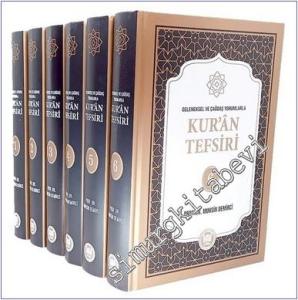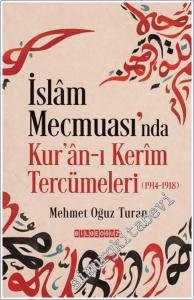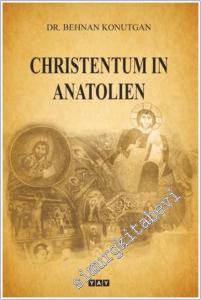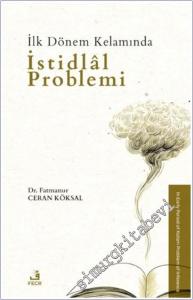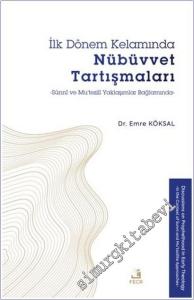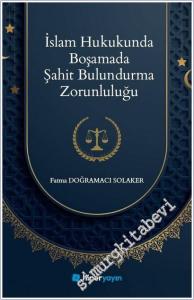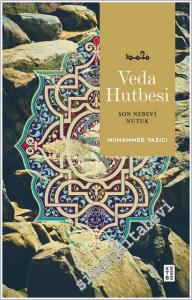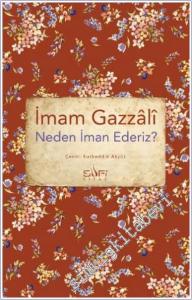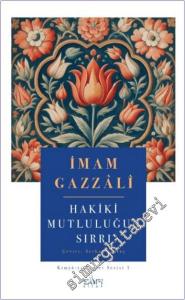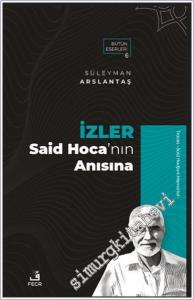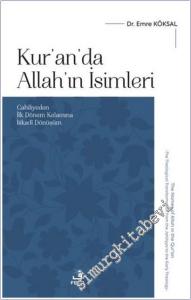#smrgKİTABEVİ Kelamda İrade Problemi - The Problem of Will in Kalam - 2025
Editör:
Kondisyon:
Yeni
Sunuş / Önsöz / Sonsöz / Giriş:
Basıldığı Matbaa:
Dizi Adı:
ISBN-10:
6255576361
Kargoya Teslim Süresi:
3&7
Hazırlayan:
Cilt:
Amerikan Cilt
Boyut:
14x21
Sayfa Sayısı:
320
Basım Yeri:
Ankara
Baskı:
1
Basım Tarihi:
2025
Kapak Türü:
Karton Kapak
Kağıt Türü:
Enso
Dili:
Türkçe
Kategori:
indirimli
232,50
Havale/EFT ile:
225,53
Siparişiniz 3&7 iş günü arasında kargoda
1199244598
631841
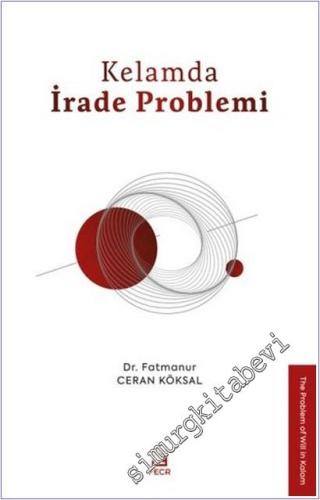
https://www.simurgkitabevi.com/kelamda-irade-problemi-the-problem-of-will-in-kalam-2025
Kelamda İrade Problemi - The Problem of Will in Kalam - 2025 #smrgKİTABEVİ
232.50
Bu çalışmada öncelikle kelamcıların, ilahî sıfatlara ilişkin yaklaşımlar bağlamında benimsediği tanrı tasavvurunun niteliği tespit edilmiştir. İtikadî mezheplerin irade, ilim ve kudret sıfatları ile ilgili yaklaşımları açıklanarak mu'tezilî ve sünnî kelamcılara göre ilahî iradenin yaratma ile ilişkisi belirlenmiştir. İkinci bölüm, kelamda insan iradesi ile ilgili gelişen temel yaklaşımları kapsamaktadır. Buna göre insanın irade sahibi olmadığını iddia eden cebrî yaklaşımdan bahsedilmiş ve cebrin dinî/itikadî zemini ile ilgili temellendirmelerde bulunulmuştur. Diğer taraftan insanın mutlak anlamda hür bir iradeye sahip olduğunu savunan ve bunu da Allah'ın adil olması ile açıklayan mu'tezilî yaklaşımlara yer verilmiştir. İlahî iradenin kuşatıcı niteliği ile birlikte insanın da belli ölçüde irade sahibi olduğunu vurgulayan sünnî yaklaşımlar ise eş'arî ve mâturîdî kelamın konuya ilişkin tercihleri üzerinden izah edilmiştir. Üçüncü bölümde Tanrı'nın mutlak güç ve irade sahibi olduğuna yönelik dinî/itikadî açıklamalara yer verilmiş ve ilgili açıklamalar çerçevesinde insanın Tanrı karşısındaki konumunu tespit etmek bakımından farklı görüşler tartışılmıştır. İnsanın dinî sorumluluğu bağlamında özgürlüğüne dair problemin ele alındığı bu bölümde modern dönem ile birlikte değişen insan tanımı ve irade algısı felsefî yaklaşımlar üzerinden açıklanmıştır. In this study, firstly, the nature of the vision of God adopted by the theologians in the context of their approaches to divine attributes is determined. By explaining the approaches of the theological sects regarding the attributes of will, knowledge and power, the relationship between divine will and creation according to Mu'tazilite and Sunnite theologians is determined. The second part covers the main approaches developed in theology regarding human will. Accordingly, the jabri approach, which claims that human beings do not have will, was mentioned and the religious/ theological grounds of jabr were justified. On the other hand, mu'tazilite approaches, which argue that human beings have an absolute free will and explain this with God's being just, are included. The Sunni approaches that emphasize the all-encompassing nature of the divine will and the fact that human beings also have a certain degree of will are explained through the preferences of al-Ash'ari and al-Maturidi theology on the subject. The third chapter religious/theological explanations about God's absolute power and will are given and the position of man before God is determined within the framework of these explanations. In this chapter, where the problem of human freedom in the context of religious responsibility is discussed, the definition of human being and the perception of will that changed with the modern period are explained through philosophical approaches. Keywords: Kalam; Will; Human; Mu'tazila; Ahl al-Sunnah.
Bu çalışmada öncelikle kelamcıların, ilahî sıfatlara ilişkin yaklaşımlar bağlamında benimsediği tanrı tasavvurunun niteliği tespit edilmiştir. İtikadî mezheplerin irade, ilim ve kudret sıfatları ile ilgili yaklaşımları açıklanarak mu'tezilî ve sünnî kelamcılara göre ilahî iradenin yaratma ile ilişkisi belirlenmiştir. İkinci bölüm, kelamda insan iradesi ile ilgili gelişen temel yaklaşımları kapsamaktadır. Buna göre insanın irade sahibi olmadığını iddia eden cebrî yaklaşımdan bahsedilmiş ve cebrin dinî/itikadî zemini ile ilgili temellendirmelerde bulunulmuştur. Diğer taraftan insanın mutlak anlamda hür bir iradeye sahip olduğunu savunan ve bunu da Allah'ın adil olması ile açıklayan mu'tezilî yaklaşımlara yer verilmiştir. İlahî iradenin kuşatıcı niteliği ile birlikte insanın da belli ölçüde irade sahibi olduğunu vurgulayan sünnî yaklaşımlar ise eş'arî ve mâturîdî kelamın konuya ilişkin tercihleri üzerinden izah edilmiştir. Üçüncü bölümde Tanrı'nın mutlak güç ve irade sahibi olduğuna yönelik dinî/itikadî açıklamalara yer verilmiş ve ilgili açıklamalar çerçevesinde insanın Tanrı karşısındaki konumunu tespit etmek bakımından farklı görüşler tartışılmıştır. İnsanın dinî sorumluluğu bağlamında özgürlüğüne dair problemin ele alındığı bu bölümde modern dönem ile birlikte değişen insan tanımı ve irade algısı felsefî yaklaşımlar üzerinden açıklanmıştır. In this study, firstly, the nature of the vision of God adopted by the theologians in the context of their approaches to divine attributes is determined. By explaining the approaches of the theological sects regarding the attributes of will, knowledge and power, the relationship between divine will and creation according to Mu'tazilite and Sunnite theologians is determined. The second part covers the main approaches developed in theology regarding human will. Accordingly, the jabri approach, which claims that human beings do not have will, was mentioned and the religious/ theological grounds of jabr were justified. On the other hand, mu'tazilite approaches, which argue that human beings have an absolute free will and explain this with God's being just, are included. The Sunni approaches that emphasize the all-encompassing nature of the divine will and the fact that human beings also have a certain degree of will are explained through the preferences of al-Ash'ari and al-Maturidi theology on the subject. The third chapter religious/theological explanations about God's absolute power and will are given and the position of man before God is determined within the framework of these explanations. In this chapter, where the problem of human freedom in the context of religious responsibility is discussed, the definition of human being and the perception of will that changed with the modern period are explained through philosophical approaches. Keywords: Kalam; Will; Human; Mu'tazila; Ahl al-Sunnah.
Yorum yaz
Bu kitabı henüz kimse eleştirmemiş.



